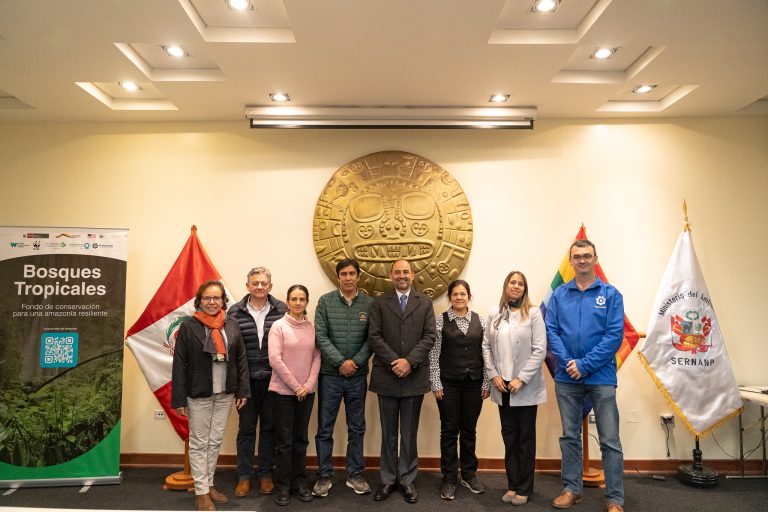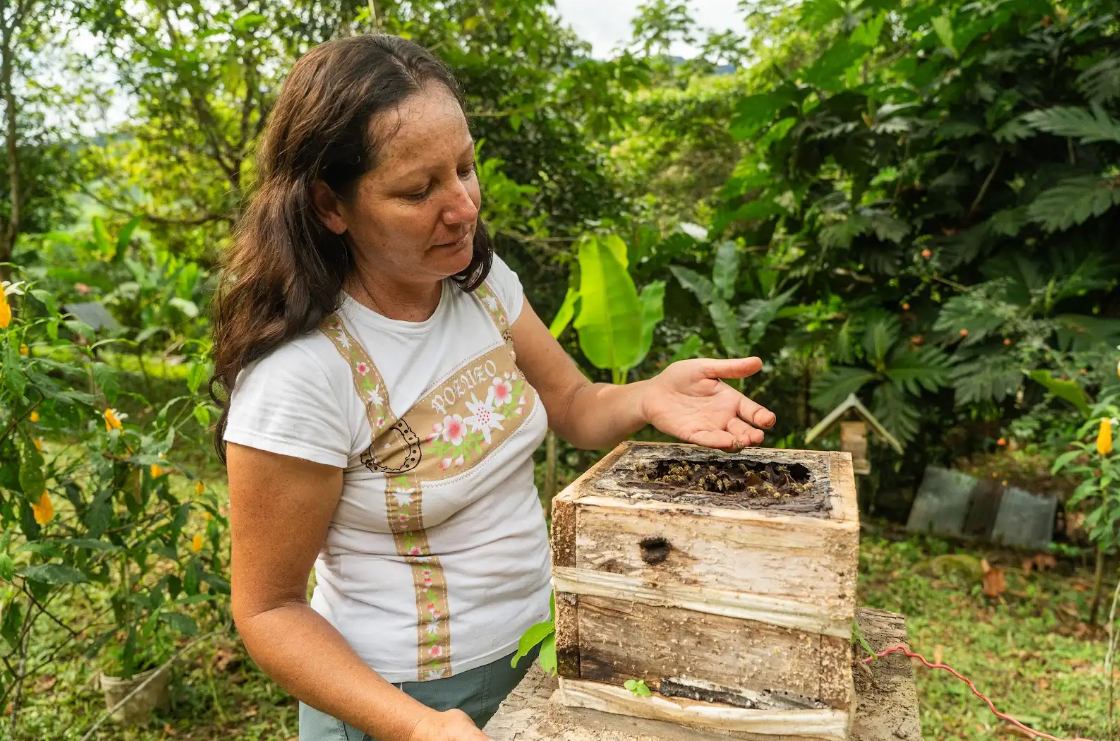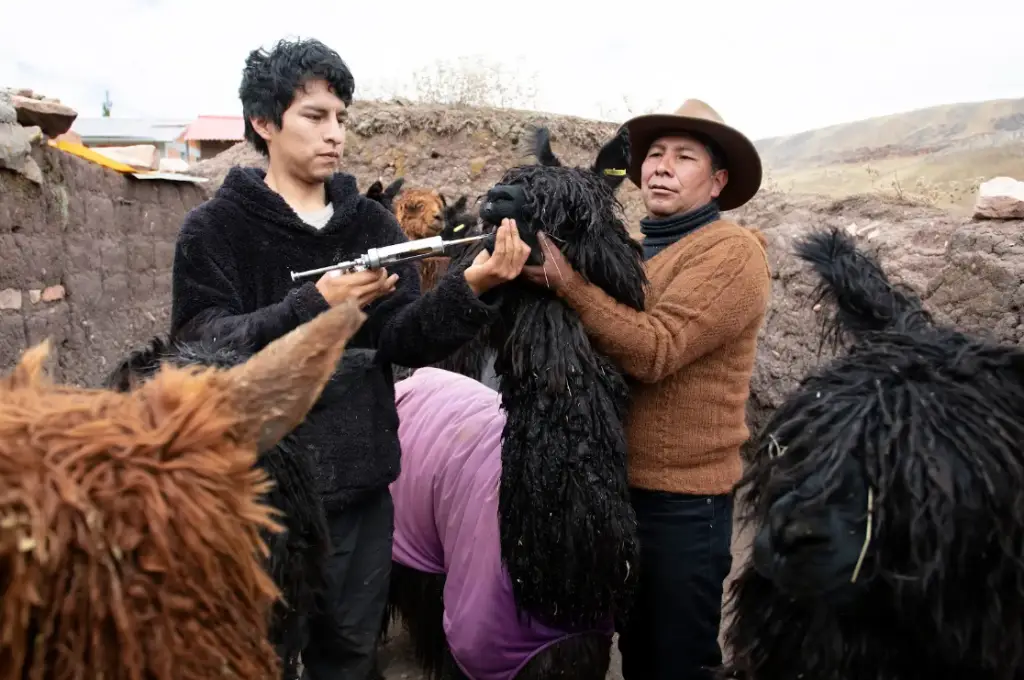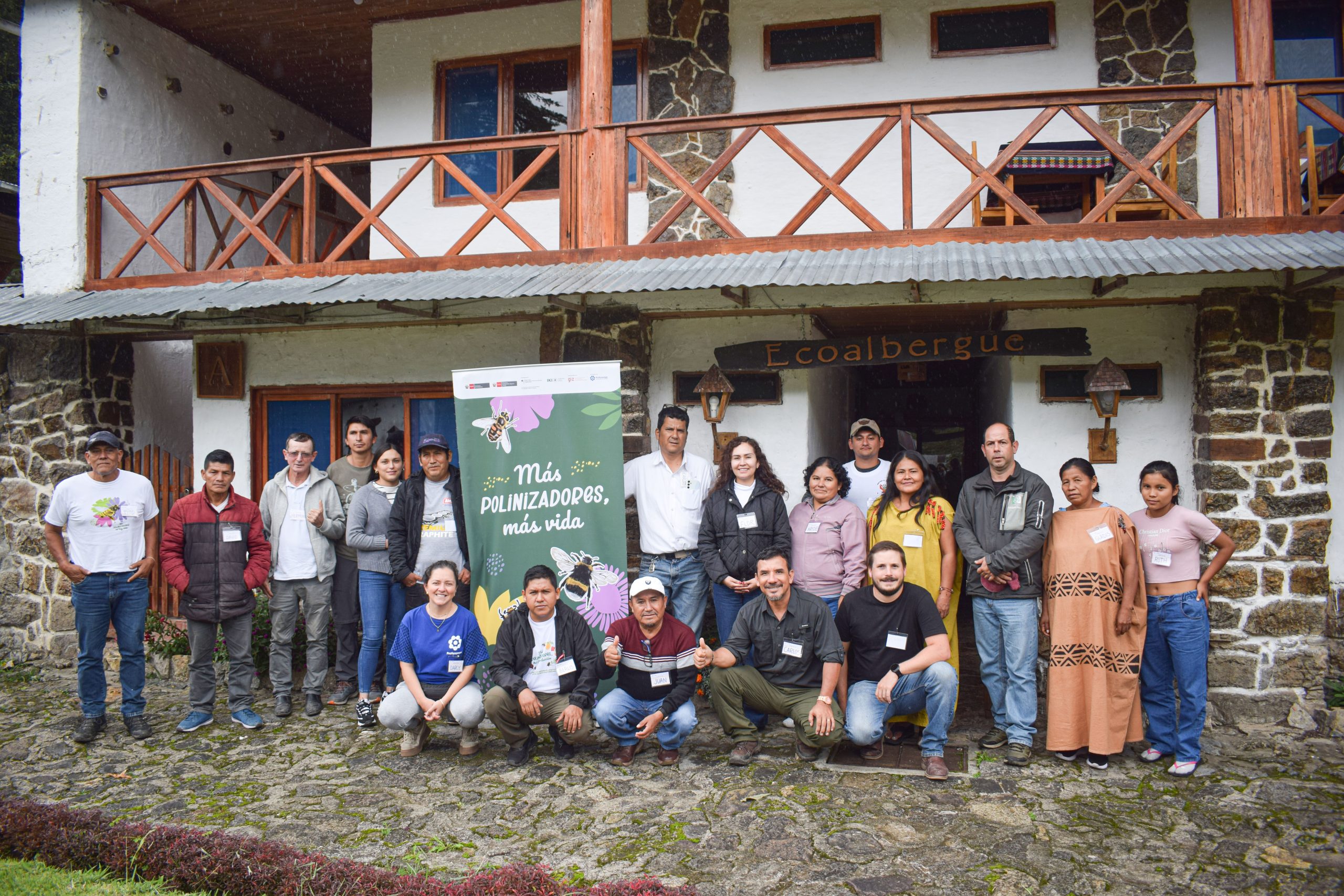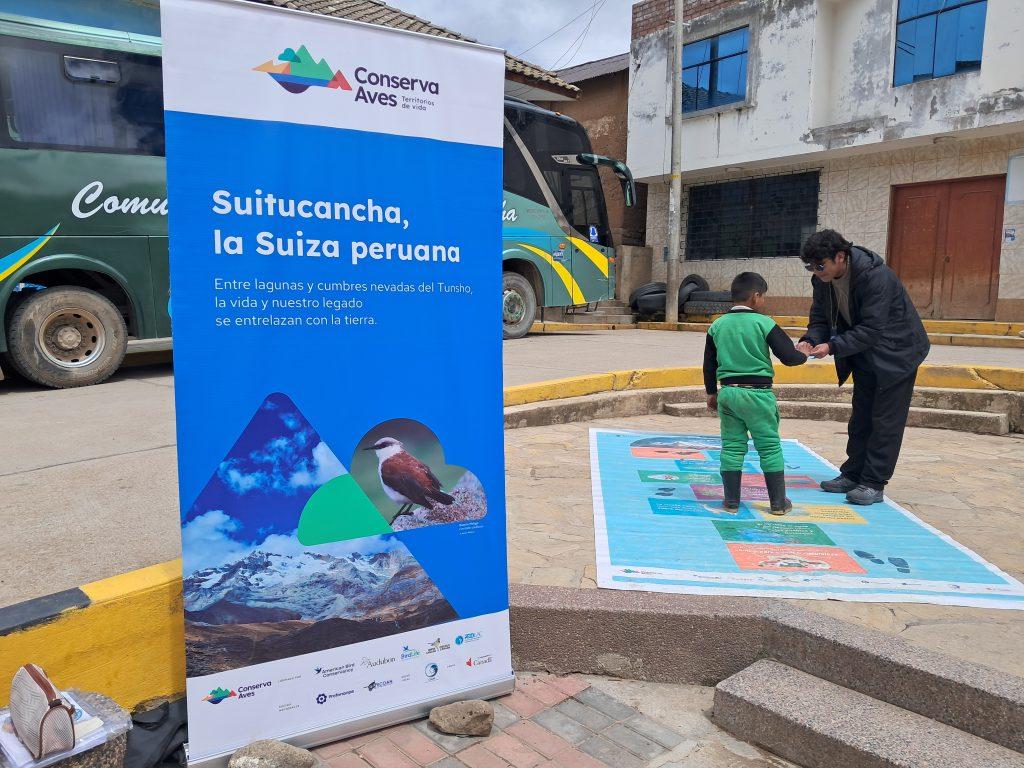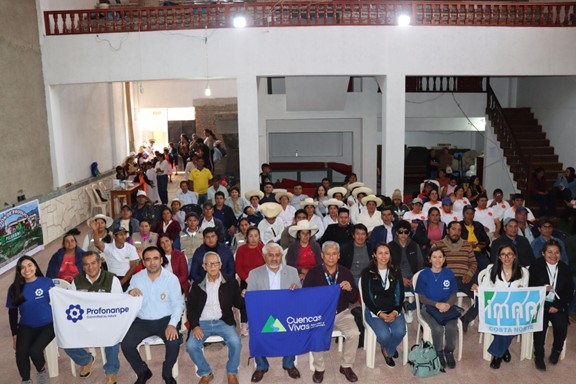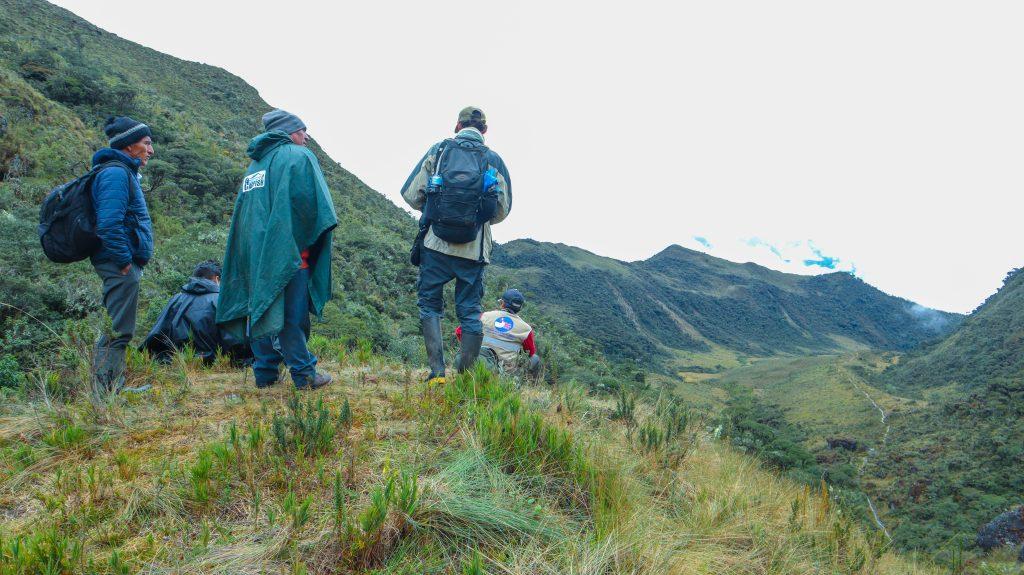Out of the total proposals, 53 originated from Madre de Dios, 23 from Satipo (Junín), 15 from Ucayali (Purús and Atalaya), 14 from Cusco, 4 from Apurímac, and 2 from Puno (Carabaya and Sandia). Notably, 15 of these initiatives were led by indigenous or native peoples and 5 by women, underscoring the diversity of actors eager to contribute to the sustainable development of their regions.
“This level of response confirms that there is an attentive, committed, and capable ecosystem of actors in the Amazon. Organizations know their territories and are developing concrete solutions to conserve them,” stated Cecilia Huamanchumo, Head of the Tropical Forest Project.
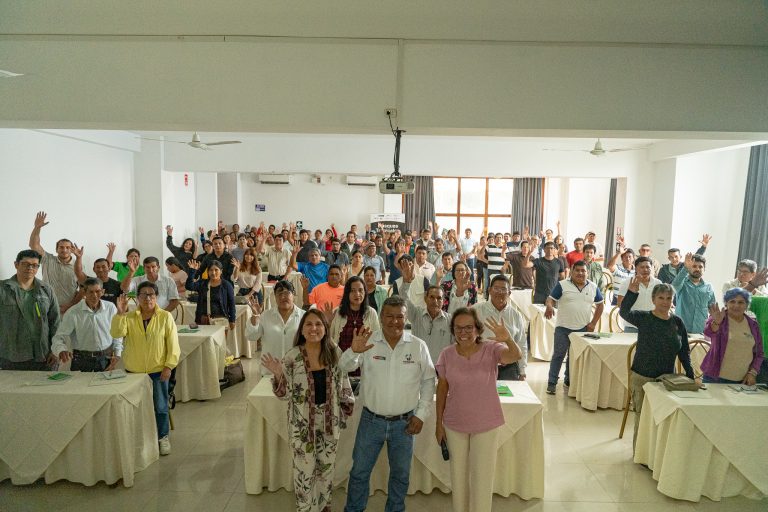
Photo: Profonanpe
Following the evaluation phase, a total of 46 applications were admitted to advance to the next stage. The majority correspond to initiatives in Madre de Dios (23), followed by Cusco (9), Ucayali (6), Satipo (5), Puno (2), and Apurímac (1). The admitted entities include NGOs, companies, conservation area titleholders, producer organizations, native communities, universities, and individuals.
The most frequent themes addressed by the proposals included strengthening economic activities with a sustainability focus, the management of natural protected areas, landscape governance and integrated management, and the financial sustainability of natural protected areas across all categories.
In total, over USD 1.5 million will be channeled to the winning entities to execute projects aimed at protecting biodiversity, restoring degraded ecosystems, and strengthening local capacities. The selected entities will sign a grant agreement with Profonanpe and will be required to implement an operational plan with clear goals and continuous monitoring mechanisms to ensure tangible results.
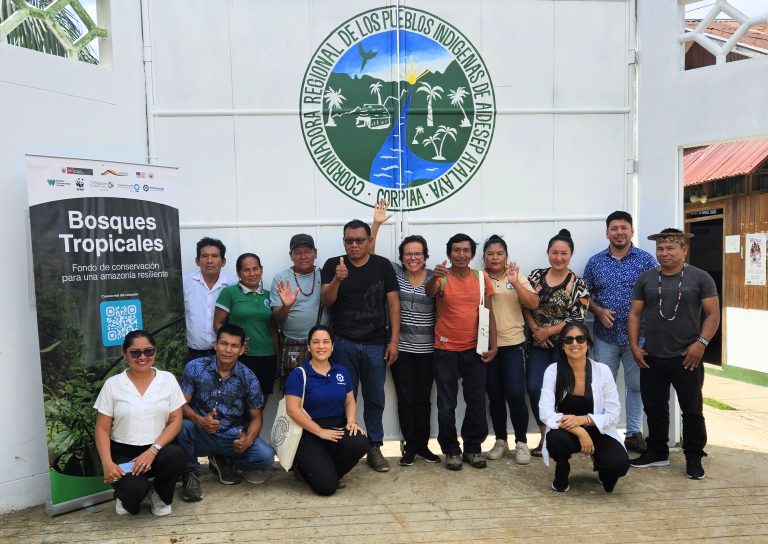
Photo: Profonanpe
The winning projects will be announced on October 13.
About the Tropical Forest Competitive Fund
In September 2023, Peru and the United States signed a Debt-for-Nature Swap Agreement under the U.S. Tropical Forest and Coral Reef Conservation Act (TFCCA). The agreement will allocate approximately USD 20 million over 13 years (until 2036) to the conservation of Amazonian tropical forests, with the goal of increasing community well-being and enhancing the country’s resilience to climate change.
Profonanpe, Peru’s environmental fund, serves as the administrator of the countervalue fund and the grants. It is supported by the Ministry of the Environment (Minam), the National Service of Natural Protected Areas by the State (Sernanp), and the international donor organizations: Conservation International (CI), Wildlife Conservation Society (WCS), World Wildlife Fund (WWF), and The Nature Conservancy (TNC).
The second call for proposals for the fund will continue to focus on the same prioritized regions in the Southern Amazon as in this first edition. The dates will be announced soon.
Communications Contact:
Katherine Castañeda | [email protected] |


